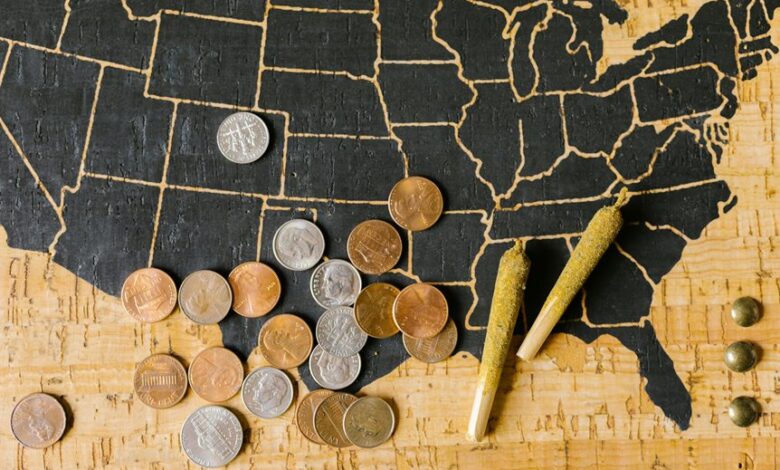Is Cbd Legal Federally

The legality of CBD at the federal level stems from the 2018 Farm Bill, which legalized hemp-derived products containing less than 0.3% THC. This legislation has created a dynamic environment for the CBD market. However, nuances exist, particularly with state-specific regulations that may differ significantly. Understanding these variations is essential for consumers navigating the complexities of CBD legality across the United States. What implications do these state laws have on access and usage?
Understanding the 2018 Farm Bill and Its Impact on CBD Legality
The passage of the 2018 Farm Bill marked a significant turning point in the legal landscape surrounding cannabidiol (CBD) in the United States.
By legalizing hemp-derived CBD, the Farm Bill catalyzed the growth of the CBD industry, enabling broader access and innovation.
This shift resulted in increased consumer interest and investment, ultimately challenging previous regulatory frameworks and establishing a new paradigm for hemp-derived products.
The Distinction Between Hemp-Derived and Marijuana-Derived CBD
With the legalization of hemp-derived CBD under the 2018 Farm Bill, a distinction between hemp-derived and marijuana-derived CBD has become increasingly important.
Hemp-derived CBD offers numerous hemp benefits, including potential therapeutic effects without psychoactive properties.
In contrast, marijuana-derived CBD can produce marijuana effects, such as euphoria or sedation, due to higher THC levels.
Understanding these differences is crucial for consumers navigating the evolving CBD landscape.
State-Specific Regulations and Variations in CBD Legality
Although the 2018 Farm Bill established a federal framework for hemp-derived CBD, state-specific regulations create a complex legal landscape that varies widely across the country.
Different state laws impose varying CBD restrictions, affecting cultivation, distribution, and sales. This inconsistency can lead to confusion for consumers and businesses alike, as understanding local regulations becomes essential for navigating the evolving CBD market.
What Consumers Should Know About Purchasing and Using CBD Products
How can consumers navigate the myriad of options available in the CBD market? Understanding CBD product safety is paramount for informed choices.
Consumers should prioritize brands that provide transparent sourcing, third-party lab testing, and clear labeling.
Engaging in consumer education, including researching potential effects and legal implications, empowers individuals to make responsible decisions, fostering a marketplace that values safety and personal freedom in CBD use.
Conclusion
In conclusion, the legalization of hemp-derived CBD through the 2018 Farm Bill has fostered a flourishing field of products and opportunities. However, the patchwork of state-specific regulations presents a perplexing puzzle for consumers. It is imperative for individuals to navigate these nuances with caution, ensuring they are informed about local laws before purchasing or using CBD products. Ultimately, understanding the intricate interplay between federal and state regulations is essential for safe and compliant consumption in this burgeoning industry.






